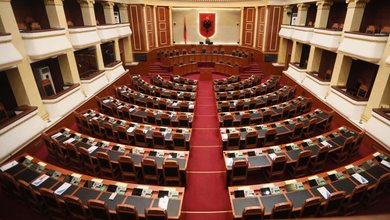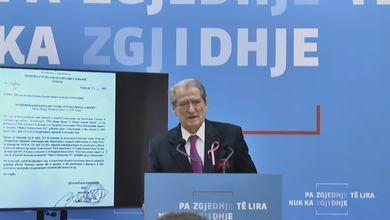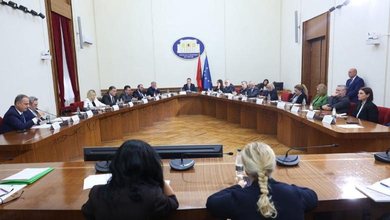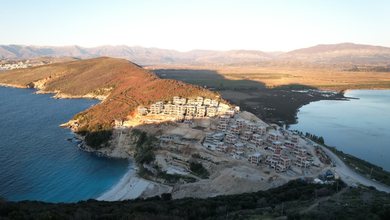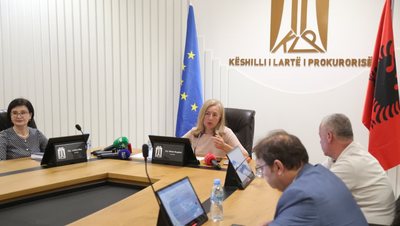
In the latest budget changes, the budget for e-government reached over 20.1 billion lek, more than 200 million euros. Expenditures for this item increased by 15% compared to the June changes, while compared to the initial budget, funds for e-government increased by 60%.
This trend reflects the expansion of online public services and the growing adoption of digital technologies by citizens and businesses, as part of the digitalization process of public administration. The growth is also related to the addition of new services to the government portal or to improving the accessibility and efficiency of the platform.
The Albanian government made history after appointing an artificial intelligence chatbot called "Diella" as a minister for the first time.
Although Diella is in the government structure, it has no areas of responsibility, but the item of expenditure for e-government, which is essentially related to Diella, is growing rapidly.
The government has surpassed Europe in the digitalization of public services, but a large portion of the population without digital literacy pays third parties to assist them with these services.
Chancelleries, notary and other consulting offices are benefiting from the provision of e-Albania services for the elderly.
While Albania has progressed with investments in digital services, on the other hand, the digital literacy of the population is among the lowest in Europe.
In 2018, funding for e-government was 2.3 billion lek. In the last 7 years, funding for digital public services has increased more than 8 times.
Digital infrastructure is becoming as important and vital as physical infrastructure – roads, water and energy. Now, when most government services are delivered online and can be accessed from smartphones, the government is in turn increasing spending on these services.
Official data from the Ministry of Finance shows that from 2016 to 2024, more than 42 billion lek, about 400 million euros, have been financed for e-Albania systems, while another 200 million euros will be financed this year alone. Annual financing for e-Albania infrastructure ranks fourth in line after public investments in road, maritime and water transport.
However, when a multitude of services are provided online, citizens remain exposed to corruption and non-receipt of service. The lack of interaction between institutions makes it impossible to receive documents on time, and services even remain suspended for months.
On the other hand, the general public still has limited knowledge about the use of these services, while transparency remains problematic because digital infrastructure products are less tangible./ Monitor



